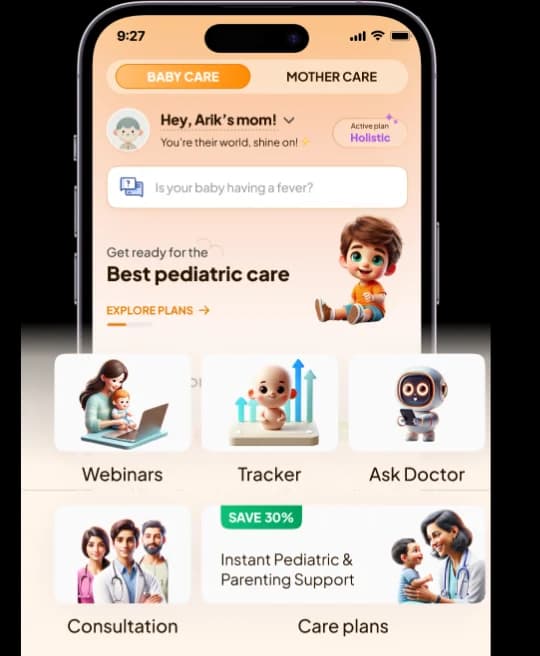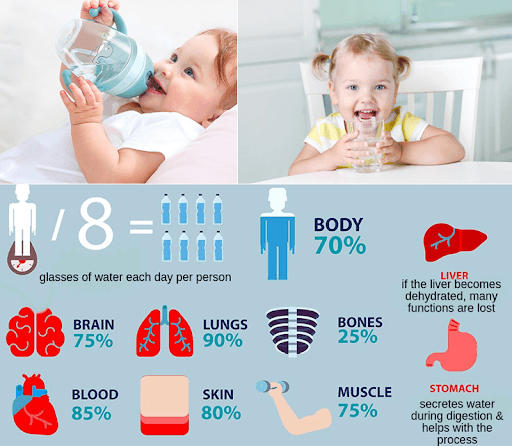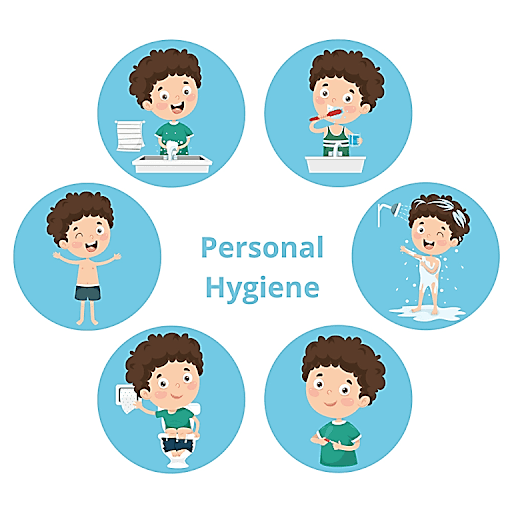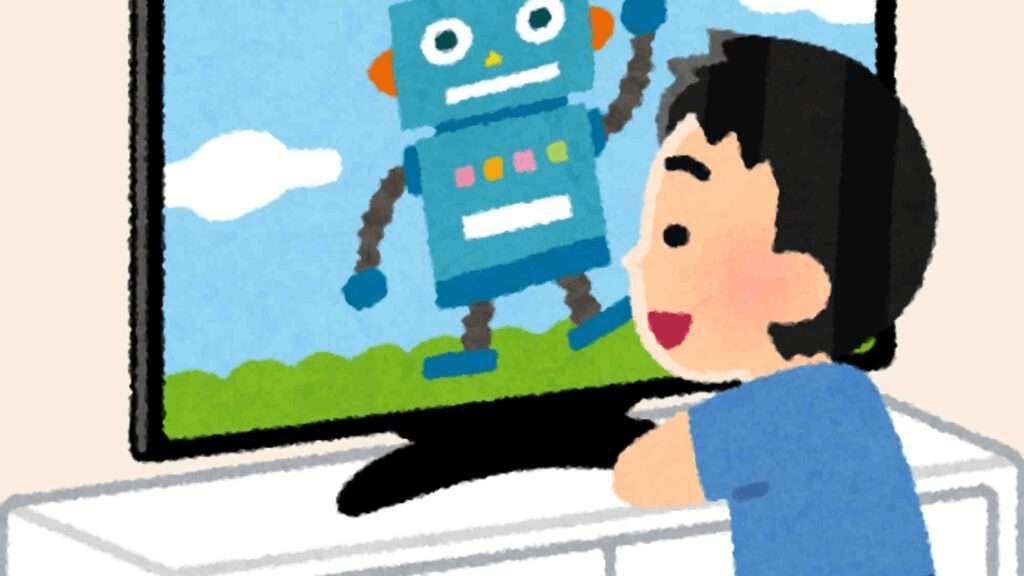
Harmful consequences of force-feeding your child
Parents often force their children to eat in order to ensure they have a balanced diet for proper growth and to prevent deficiency diseases. However, this can lead to unintended outcomes.
Different types of forced feeding include:
- Pressure - "I want you to eat all your veggie"
- Warning - "Just eat that little piece in there"
- Emotional Blackmail - "A good girl will eat her dinner after mom has worked hard to cook it"
- Using Rules - "Eat two chapatis because you are big now"
- Bribes - "If you eat everything on your plate you can leave the table and play"
- Punishment - "You can't watch TV if you haven't finished your food"
- Forced feeding – “physically putting food into the child's mouth and forcing him to swallow”
If parents want to learn more about why children force-feeding is not good at all, we encourage you to read the following article about it.
What exactly is meant by forced eating?
Force-feeding is when a child is coerced or pressured to eat or swallow food, which can be harmful and should be avoided.
Forced feeding may include-
- Deciding how much, when, and what the child will eat
- Feeding large quantities of children even when angry
- Comparing children with other children or blackmailing children into eating or eating large portions
- Ignoring child's requests to eat less or more slowly
- Worried that the child is not eating enough
Why Do Parents Force-Feed Their Children?





